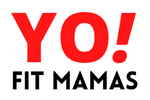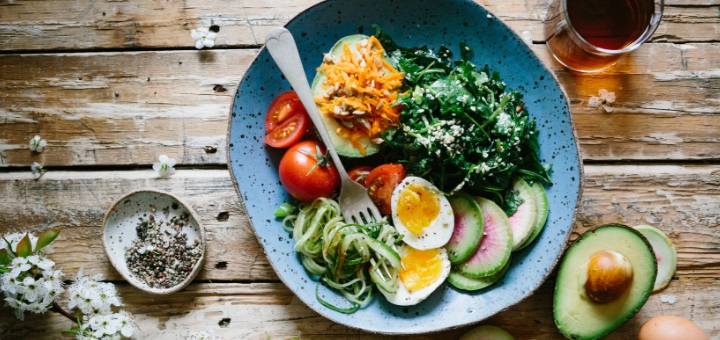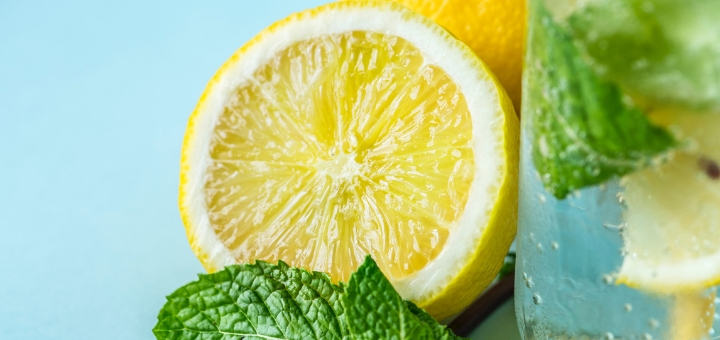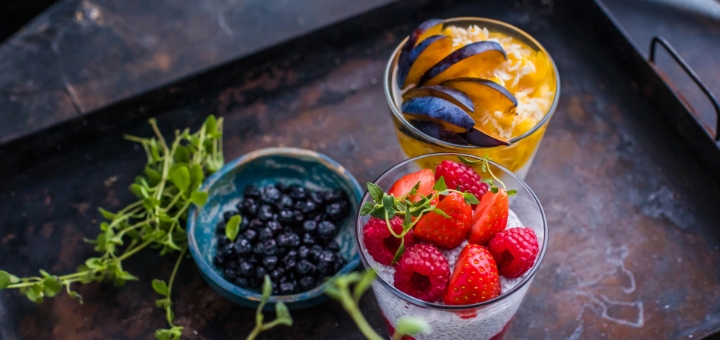Photo by Leandro Cesar Santana on Unsplash
During your pregnancy, there are foods that you have to avoid because they don’t react well with your stomach, you just don’t like their taste, or they are bad for your baby’s development.
Once the baby is born, you still have to be careful about your diet. More careful now because the baby has to work with their own gastrointestinal tract, which is still not well developed.
If you notice your child show signs of eczema, diarrhea, skin problems, congestion, stomach pains, fussiness, or a bloody stool, they may be allergic or intolerant of something.
You do not have to cut the food entirely from your diet, reduce your consumption. If your child is still affected, consult your doctor. A doctor can advise you on which food to avoid, and mineral and vitamin supplements you can take in place of the food causing the reaction.
Here are the top foods that every mom should avoid while breastfeeding
1. Alcohol
Top of the list of food you should avoid is alcohol consumption.
It is hard being a new mom and it’s understandable that you may crave some alcohol to get a little break from all the pressure.
An occasional drink may be fine but limit yourself to one drink, accompanied by plenty of water. Have your drink after nursing the baby.
Anything more than one drink spikes your blood alcohol level making it get to your breast milk. There’s nothing healthy about a baby indirectly consuming alcohol.
2. Fish
Another major food to avoid while breastfeeding is fish.
Fish is rich in omega-3 fatty acids, vitamins, calcium, phosphorous and minerals making it appear as a superfood for breastfeeding moms, but it can cause more damage than good.
Some fish may contain high levels of mercury due to water pollution. The mercury can flow to your milk and negatively affect your child’s health such as their neurological development.
Breastfeeding moms are advised by the UK’s National Health Service, to eat a minimum of one portion per week of shark, swordfish or marlin. Oily fish should be reduced to two portions per week.
3. Peanuts
Doctors advise to avoid food with high allergenic potential. Peanuts are one of them. The allergenic compounds are easily transmitted to the baby through breast milk.
If you consume peanuts, watch out for an allergic reaction from your baby such as hives, wheezing, mild swelling of lips, eyes, and face, vomiting, diarrhea, sneezing, watery eyes or rashes. Avoid it if symptoms persists and consult a doctor.
4. Shellfish
Besides having high allergenic potential, shellfish may also be contaminated with methyl mercury. Although it isn’t particularly high in mercury compared to other seafood, it’s still advisable to limit your intake.
The recommended intake is 12 ounces per week. Keep you and your baby safe by ensuring it is fully cooked before consuming. Methods such as steaming, grilling, and poaching are preferable.
Symptoms of an allergic reaction to shellfish from your baby include; rash, bloating, fussiness, abdominal discomfort, vomiting, hives, or diarrhea. Extreme allergy causes facial swelling or strained breathing.
5. Dairy
Dairy, in particular, cow milk, can be a notorious source of allergy for your child. The allergens enter your breast milk and irritate the baby. Look out for symptoms such as vomiting, eczema, poor sleeping patterns, colic, and skin problems.
Although the symptoms may not always be caused by dairy, it would be wise to rule it out first. Avoid dairy for a few weeks and check for any improvement. It can take up to three weeks of total abstinence before it’s no longer present in your breast milk.
If the allergy is mild, reduce your intake and always opt for organic high-fat dairy. If it’s severe, totally eliminate it from your diet.
6. Wheat
Bloody stools may be caused by gluten intolerance. Your baby may also experience tummy pains and fussiness.
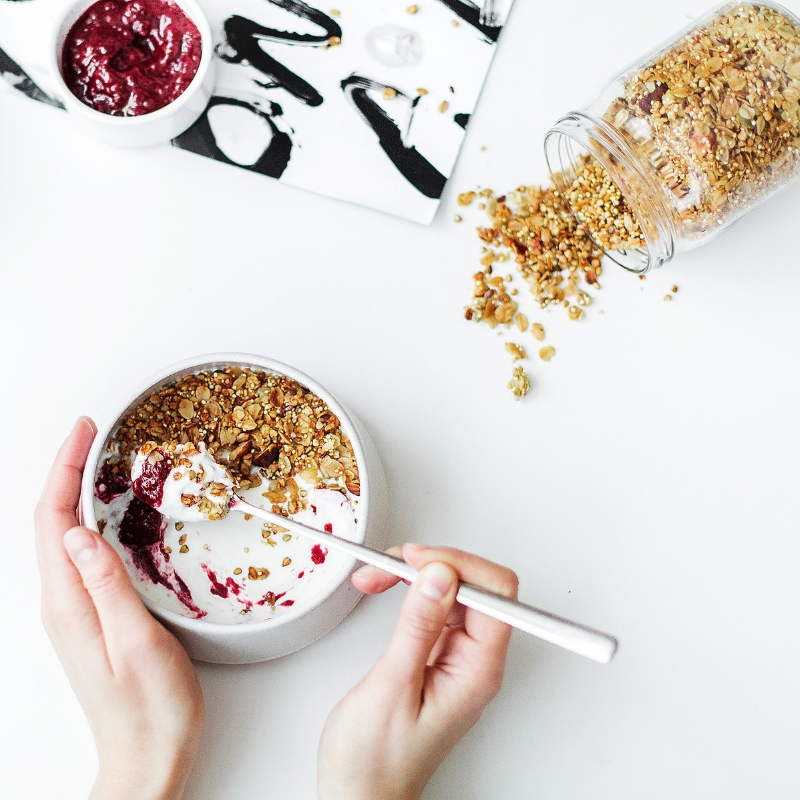
Photo from Pexels
It is not easy for a mom to point out which food their child is allergic to. Try eliminating everything from your diet that you suspect could be the cause and introduce them back one by one, with this method you are sure to get the culprit.
7. Caffeine
As a mom, you probably need lots of coffee after the sleepless nights you have had. It’s okay to have a little but limit it to one or two cups.
Coffee gets to your breast milk and can interfere with your baby’s sleeping patterns or make them fussy. Take it after the baby is already sleeping or six hours before feeding them directly from your breast.
Although coffee is the major source, caffeine is also present in decaffeinated coffee, tea, ice cream, soft drinks, chocolate, frozen yogurt, breakfast cereals, cocoa, and over-the-counter medicines. So take in moderation just to make sure it doesn’t affect your child’s sleep.
8. Citrus Fruits
Though a great source of vitamin C, lemons, oranges, grapefruit, pomelo, and limes are some of the foods to avoid while breastfeeding.
Their high acidity cannot be handled by the baby’s gastrointestinal tract resulting in fussiness, diaper rash and more discomfort for the baby.
You can reduce your consumption to one every day or replace them with other sources of vitamin C such as pineapples, strawberries, and leafy vegetables.
9. Peppermint, Sage, and Parsley
Peppermint makes your tea awesome. Parsley and sage are both great in garnishing food. The only problem with these herbs is that they are anti-galactagogues, meaning they reduce your milk supply.
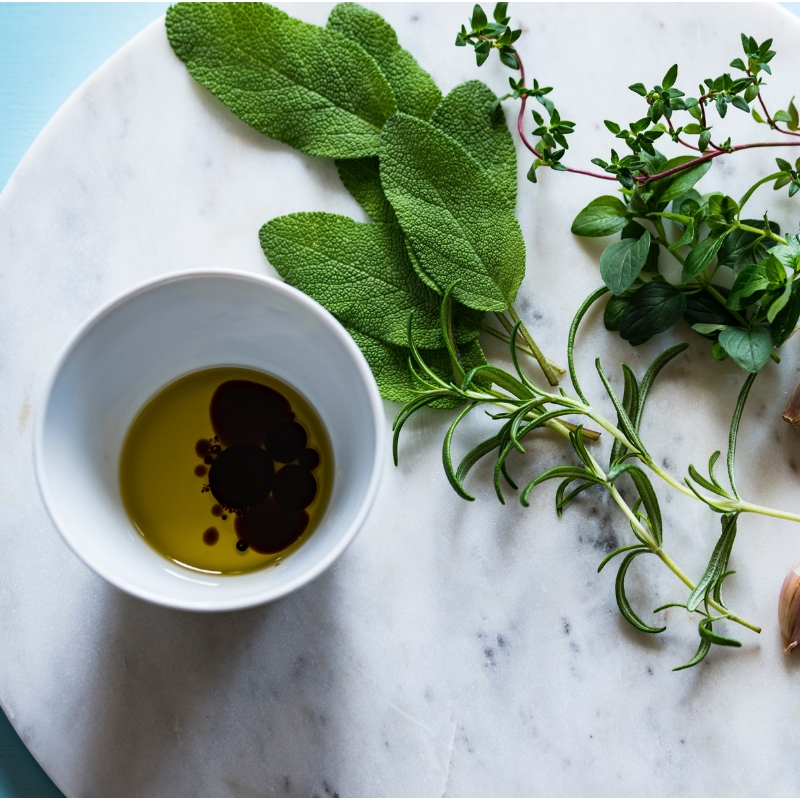
Photo by Joanna Kosinska on Unsplash
They are recommended for moms who are weaning but if your child is still dependent on milk, it’s advisable to reduce your consumption. In case you notice your child getting hungry often after using these herbs, the reason may be that they are not getting enough milk.
10. Garlic and Spicy Food
Garlic is a strong flavor that gets to the breast milk. While some babies may enjoy, others are completely put off by it.
You may notice that the baby is reluctant to feed or it may make faces at the breast. The faces may be cute but it’s a sign that they are not enjoying their meal.
Other spicy foods may irritate your baby like pepper, for instance, can get them agitated for a long time.
11. Processed Foods
Now that you are busy with your processed food may seem like a quick and easy solution. These foods, however, are to be avoided.
They contain preservatives and additives that are not just toxic to your baby but bring about colic as well as allergies.
The saturated and trans fats found in junk food can negatively affect the baby’s health. They also interfere with the composition of your breast milk.
12. Foods that Cause Gas
Any food that gives you gas is likely to cause the same problem to your child. Gas for your child can be very uncomfortable.
If your child is having some gas problems, check if you have consumed green vegetables such as broccoli, cucumber, cabbage, onions, cauliflower, Brussels sprouts, artichokes, and asparagus. Starch such as corn, pasta, and potatoes can be a cause too.
13. Food Your Family is Allergic to
People develop unique allergies, even children. It may be hard to spot the specific cause.
If your child is experiencing an allergic reaction that you can’t explain, you are going to need some detective skills. Check if anyone in the family experiences the same symptoms and what it is that they are allergic to. Eliminate or reduce it depending on the severity of the reaction.
Medicines
The issue on medicines gets most breastfeeding mom confused. Always check with your doctor or pharmacist first before taking any medication, including contraceptives.
Medicines that medical specialists advise against include aspirin, codeine, and nasal decongestants. But again, always consult with a GP first.
It’s not easy to predict which food can be problematic to your child. You can only observe their reactions. The most common foods that cause an allergic reaction are dairy products, peanuts, shellfish, wheat, and corn.
Intolerance can develop from spices, citrus fruits, and foods that cause gas. By all means, avoid alcohol, caffeine, seafood, processed food, peppermint, sage, and parsley.
At first, it’s not going to be easy but it gets better with time. You are slowly going to learn your child’s tastes and intolerances.
